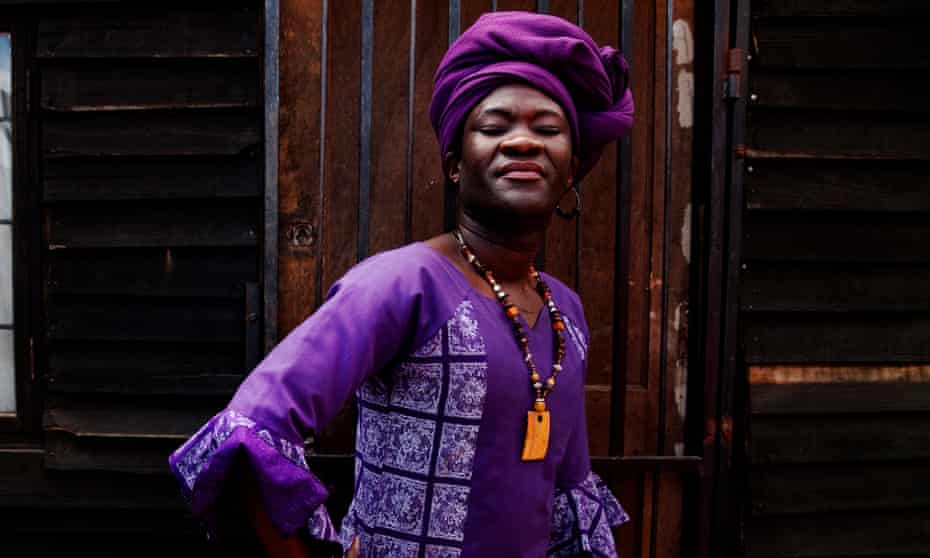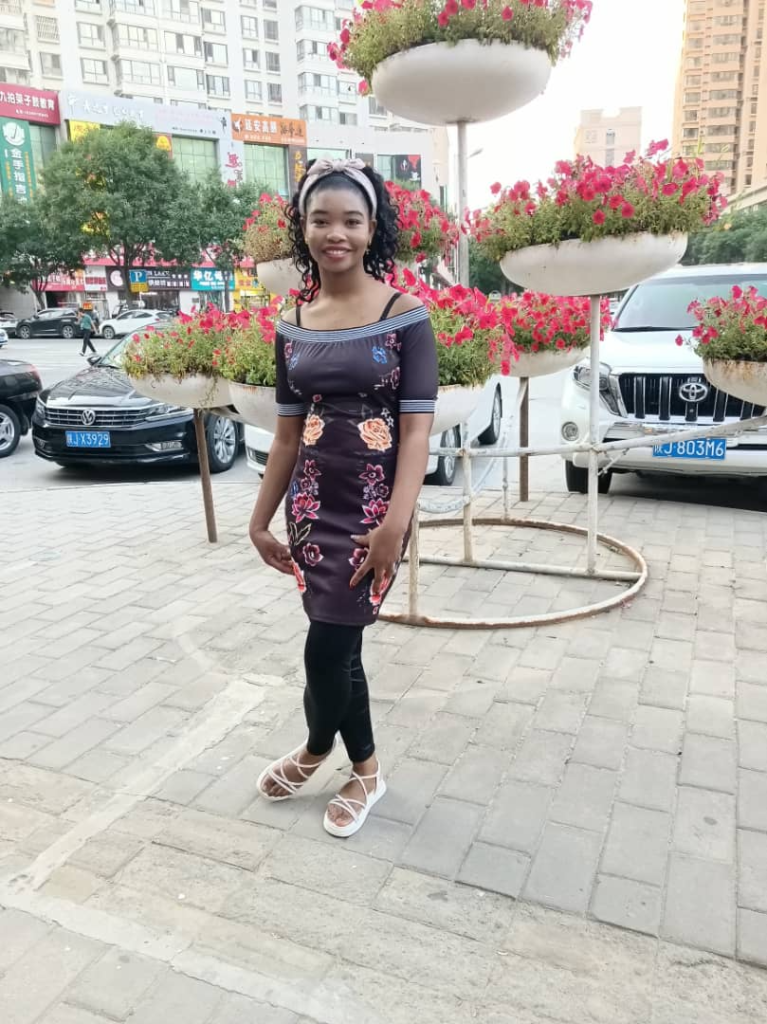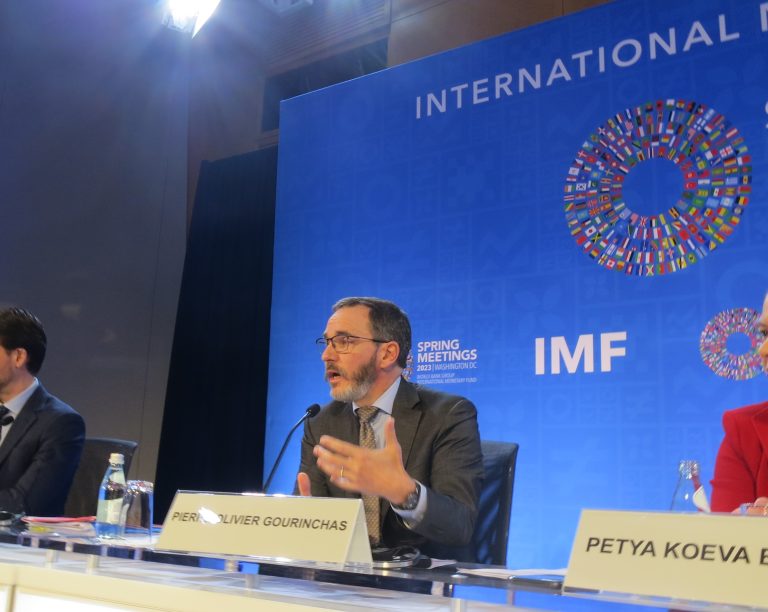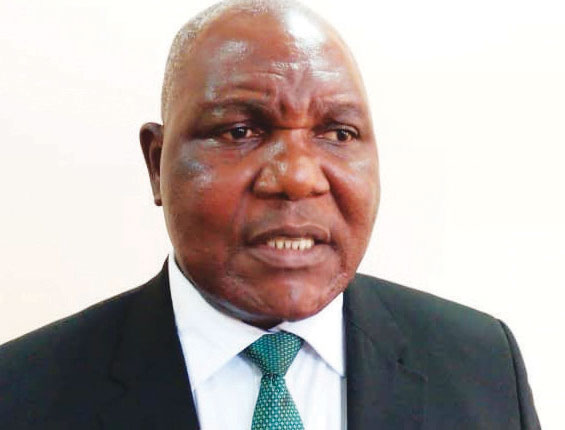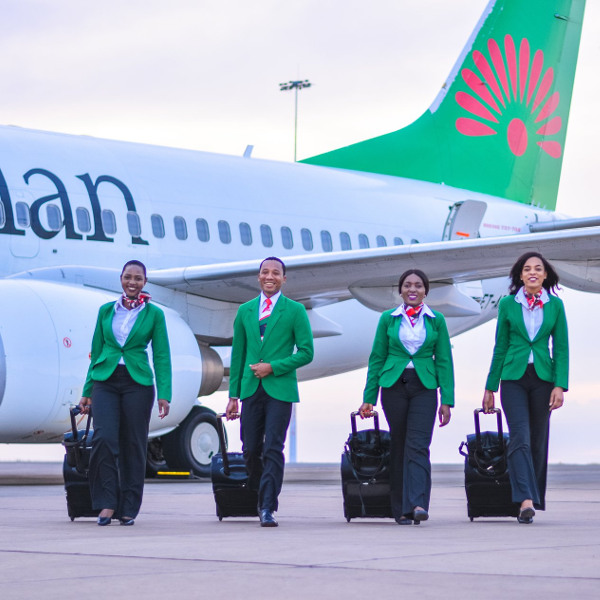BY GOLDEN MATONGA
Georgina (not her real name) was born with both male and female reproductive organs in the lakeshore district of Mangochi, Malawi. At birth, her parents removed her male private organ, and for all intents and purposes treated Georgina as a girl.
But trouble emerged as she reached adolescence. Georgina has a deep voice. Her chest is bare. Her mannerisms fit more with what could be considered stereotypical maleness. At home, she has decided to dress like a boy, even when going to the village mosque, which she has gone to her whole life.
But her village has no school of its own; she attends school in town, where dressing rules, like in all public schools, apply and are cast in stone: boys in trousers and shirts, and girls in skirts and trousers. She is forced to wear a female uniform, which initially draws laughs and stares. Now, her classmates and teachers are more accustomed to Georgina’s presence.
Her masculinity and passion for sports mean she was always going to excel at athletics, but her success has also invited harassment:
“I am good with both football, netball, and athletics. On several occasions, while playing women’s football, opposing teams have had to stop matches and force me to undress and verify my sex by seeing my private organs,” she told The Platform for Investigative Journalist in an interview.
Her story of harassment on the football pitch is not unique. It’s also been told by perhaps the country’s most famous female professional footballer, China-based Tabitha Chawinga (she is female), who recently revealed that she faced similar abuses while playing in Malawi’s leagues.

However, these types of abuses have not been limited to undressing of intersex people.
PIJ has been investigating the plight of members of the LGBTIQ community and other sexual minorities across the country. Malawi’s LGBTQ community faces abandonment by their families, beatings, arrests, and sexual harassment, sometimes on a daily basis.

The 2009 arrest of Tiwonge Chimbalanga and Steven Monjeza continues to have a chilling effect on the country’s sexual minorities. Chimbalanga and Monjeza are a couple who held a traditional wedding in public and were arrested and jailed for 14 years. They were pardoned after huge international pressure by, among others, then UN Secretary-General Ban Ki-Moon. But Malawi law still prohibits homosexuality.

This year marked the first Pride parade in the history of Malawi, organised and attended by activists and members of the LGBTIQ community but the anti-homosexuality laws are still being used to threaten or prosecute sexual minorities.
In 2017, police in Lilongwe arrested a man named Van Gomani “for pretending to be a woman.”
A police publicist said the “young man” had a weave in his head and was dressed like a female commercial sex worker. Initially, Gomani was charged with “soliciting immoral purpose” contrary to section 180 subsection (e) of the penal code.
In court, though, police changed tact, following a civil society outcry that Gomani was transgender. Prosecutors then sneaked in a theft charge after the “client” who originally reported Gomani complained some of his items went missing during their encounter. Gomani was convicted for the theft charge and served a brief sentence.
Michael Kaiyatsa, a human rights activist and Executive Director for Centre for Human Rights Rehabilitation (CHRR) says there is still a lot of room for law reform.

“These stories are very frequent, we meet them everywhere we are working in Malawi and they continue to occur,” says Kaiyatsa. “People are arrested on perceived gender identity, but cases do not proceed to trial or the case changes. For example, a case in Area 25 (Lilongwe) which was changed to conduct to cause breach of peace,”
Specifically, on the plight of the intersex, Kaiyatsa says, there is a need to change the law to recognize intersex people.
“In the marriage act of 2015, it defined sex as the sex of birth, which means an intersex person cannot change their sex if they realize that their body is responding differently. We need to introduce legislation to allow intersex [people] to change gender and we need awareness to make society realize that being intersex is not an abomination,” said Kaiyatsa.
“We also need a law on gender reassignments for children. It must be prohibited, and children should make the decision when they grow up,” he adds.
Gift Trapence, Executive Director of Centre for Development of the People (CEDEP), adds that law enforcement, too, must change its practices to ensure victims of assault or discrimination based on their gender identity are able to report cases.

“Most of the time, people suffer in silence because of the legal framework we have. People fear they will be victimized if they report such issues. The system, including the law enforcers, should open up so that people should be able to trust them,” said Trapence.
The complexity and difficulties of being a transgender, intersex, lesbian, or gay person in Malawi, becomes more pronounced in a place like Mangochi—the exotic lakeshore holiday, festival, and workshop destination that is also home to some of Malawi’s most conservative religious groups, such as Catholicism and Islam.
Underneath the heavy presence of mosques and churches, a strong LGBTIQ community exists. But due to the heavy influence of religion in the area, LGBTQI is mostly forced to operate underground and often targeted for discrimination, stigma, and violence when their presence is divulged.
It’s a culture that forces Georgina into feminine clothes when attending school but also when attending mosque outside of her village.
For that reason, Georgina now only attends mosque in the village, doing so in town would attract stares when she is okay sitting on the female side due to her masculine features.
At school, she gets insults and taunts, too, leading her to suffer depression and emotional swings.
“I once lost my temper and held my teacher who was taunting me by the neck. if it were not for the support of the NGOs and a few friends, I really wanted to leave school,” says Georgina.
For gay people, the toxic environment goes beyond emotional abuse; often it is violent.
Janet (not her real name), 27, is a lesbian and a working female professional in Mangochi district. When a police officer (name withheld on request by Janet) learned about Janet’s sexual orientation, he threatened to arrest and forced her into a relationship.
“I was afraid I was going to be arrested. I started dating him to prove that I was not a lesbian, but I was not in love with him. I ended up falling pregnant. Fortunately, or unfortunately, he was transferred to another district before he realized I was pregnant. To date, my child was born but the father doesn’t know because I decided not to tell him because I feel violated,” Janet told PIJ.
Malawi laws criminalizes same-sex relations but in 2012, the Ministry of Justice and Constitutional Affairs issued a moratorium on laws criminalizing homosexuality in the country.
Then in 2016, a high court order suspended the moratorium pending judicial review by the Constitutional Court.
“This uncertainty,” says Human Rights Watch, “seemed to have encouraged private individuals to attack LGBT people with impunity, while health providers frequently discriminate against them on the grounds of sexual orientation.”
PIJ spoke with two other gay men and lesbian women, who for years, have faced varying degrees of acceptance. We shall call them Yusuf and Gilbert.
Yusuf and Gilbert say they, and a few friends, live their lives openly about their orientation, admit that there are consequences to this choice.
Gilbert, shy and slender-bodied, recalls the day he was almost killed for being gay. While at a party in the Mangochi district, a rowdy drunkard taunting him about his sexuality. “He shouted ‘gay’ and I was angry and drunk. I answered back, ‘So what? Is it that you want to sleep with me too?’ He was angry, he pulled a knife, and stabbed me in the abdomen,” Gilbert says.
He was also hit in the head with a bottle that night at the party. He survived the attack but bears the scars.
Yusuf, 34, was born in Traditional Authority Mponda, in Mangochi. In 2004, he discovered he was attracted to men.
“A lot of people think I am gay because I want money, but it’s because that’s how I have always felt,” he says.
“I get angry when a few people call me gay in a derogatory manner in public but I am happy with my sexual orientation,” says Yusuf. “I have had family members pushing me to get married. Even some who accepted my gay tendencies at a young age started complaining about why was I not getting married when they saw I was reaching the marriage age without getting a girlfriend.”
“Even at some point, the chief summoned us to hear us but one of our colleagues was brave enough to tell them in face that we are gay, fortunately, the chiefs did not take any action,” he adds.
Yusuf also says that some people claim being gay is part of Satanism and therefore this exposes them to other derogatory attacks.
According to civil society groups, members of the LGBTIQ community have been denied health services and faced other fundamental rights abuses such as assault. They have also been dismissed from school, or disowned by their families and banished from their villages and homes.
At the centre of the hostile environment are influential churches and other faith groups. Yet, in Mangochi, PIJ met a bisexual pastor, ministering for a leading charismatic church. He, however, conceals his sexual orientation, fearing reprisals.
“I have been dating fellow men for a long time, my wife suspects it but my church, wife, and family do not know. I have been forced to go underground and operate very discreetly,” explains the pastor.
Malawi’s history has it that traditionally when intersex children were born it was normal to remove one of their reproductive organs. But it used to be believed that such children were witches who would bring evil to the villages, and were soon abandoned. But now intersex children are born in hospitals under watchful eyes of nurses and doctors.
These children are now growing up in a country still terrified of them, still mistreating them. (The number of gays, lesbians, intersex, transgender, or any other LGBTIQ members in the country is not known).
Gays and lesbians are also learning more and more about their rights, but the legal framework remains hostile. And so Georgina, Janet, Yusef, and Gilbert, continue to live in the shadows.

